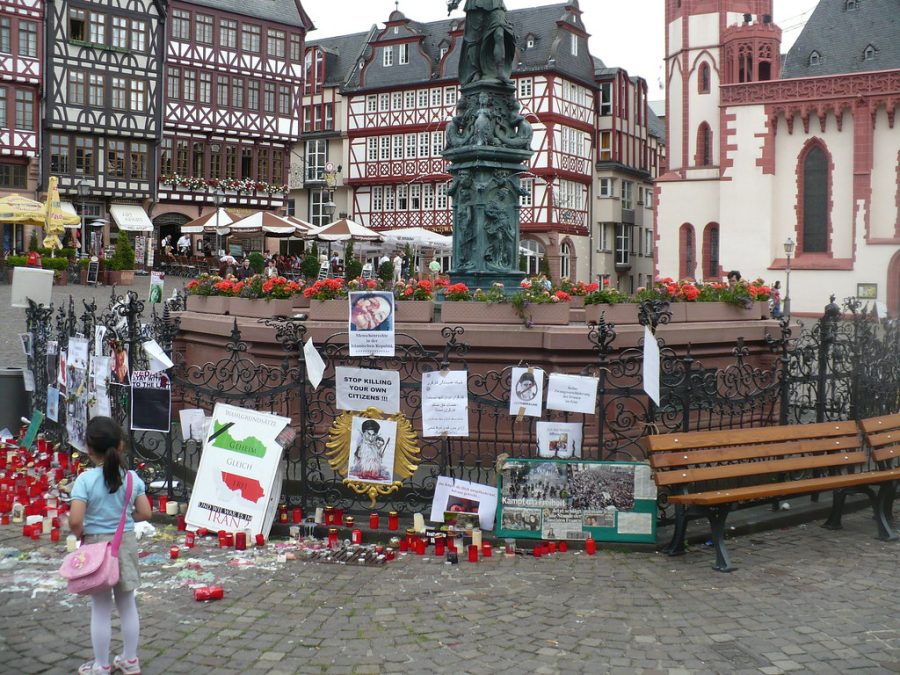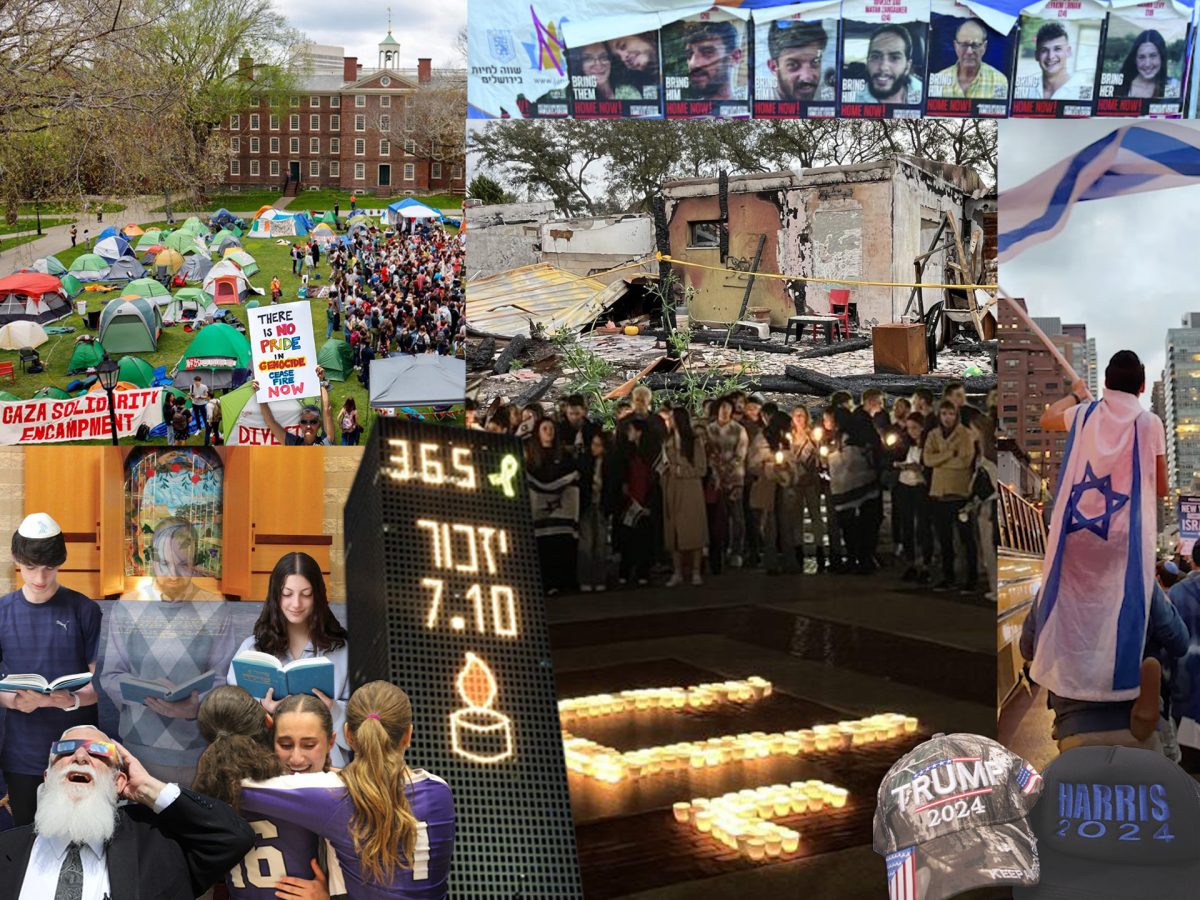Veils waving in the air, the streets of Iran burst with cries of “Woman, Life, Freedom” during women’s rights protests. Participants risk arrest, violent police response and death to oppose their country’s requirement that women wear a hijab and its oppressive morality police.
In 1979, after the Islamic Revolution, Iran imposed a law that required all women over the age of nine to cover their hair with a headscarf in public. Failure to do so can result in arrest, imprisonment or fines.
On Sept. 16, news broke that a 22-year-old woman named Mahsa Amini died in police custody after failing to wear a hijab in public. The police claimed that Amini developed a sudden heart attack, but her family stated that she had no pre-existing health conditions that could cause this to happen.
Amini’s tragic death sparked protests throughout Iran out of outrage that a woman could die simply because she chose not to cover her hair. Additionally, this was not an isolated occurrence; according to the New York Times, several videos had previously spread on social media of the morality police violently detaining women. While women’s rights is the main cause of the protests, many also call for the fall of the Islamic Republic in Iran.
This issue extends beyond just the lens of women’s rights and religious freedom. Of course, that is the core of the injustice, but that’s not the full extent of it. It’s clear that the modesty police tried to cover up murdering Amini and that the entire hijab requirement is an infringement of women’s rights to safety, self-expression and individuality, which is sickening, but this event is so much bigger than a single woman’s life.
The way I see it, this issue is simply indicative of a larger plague that infects governments around the world. Whether it be a hijab requirement, restriction of speech or any instance where a government restricts bodily autonomy, the core of the problem is the same: control.
As Americans, it may seem like this issue is distant from us. Even though the protests aren’t taking place by our front door, we’re not as far from them as we may think. They exist in dispute over the separation of church and state in the U.S. They exist in police brutality against people of color in the U.S. Though at a much smaller scale, they exist in disputes over school dress codes and “appropriate” attire for female-presenting people.
This obsession with women’s modesty is a method of political control. But political leaders don’t deserve to tell anyone how they are allowed to dress or what they do with their bodies. All of us should feel enraged. It is hard for us to do much, but simply staying informed, sharing information on social media and donating money can go a long way.
This piece was originally published in The Lion’s Tale on Oct. 6, 2022.












